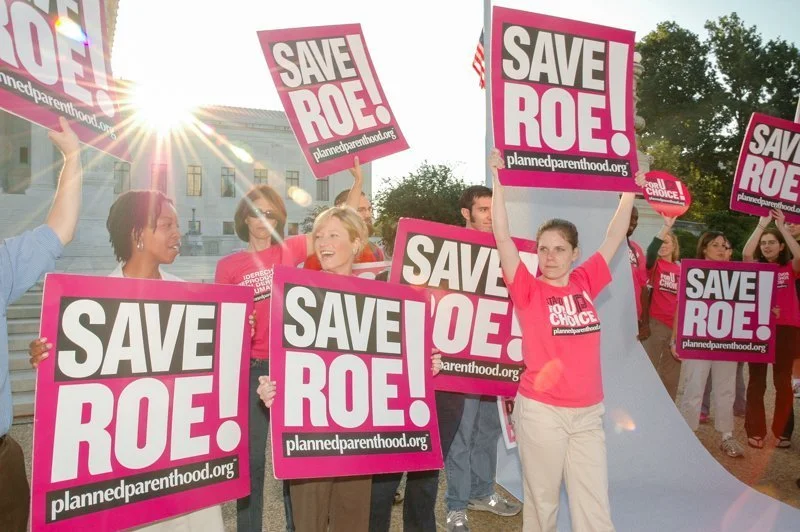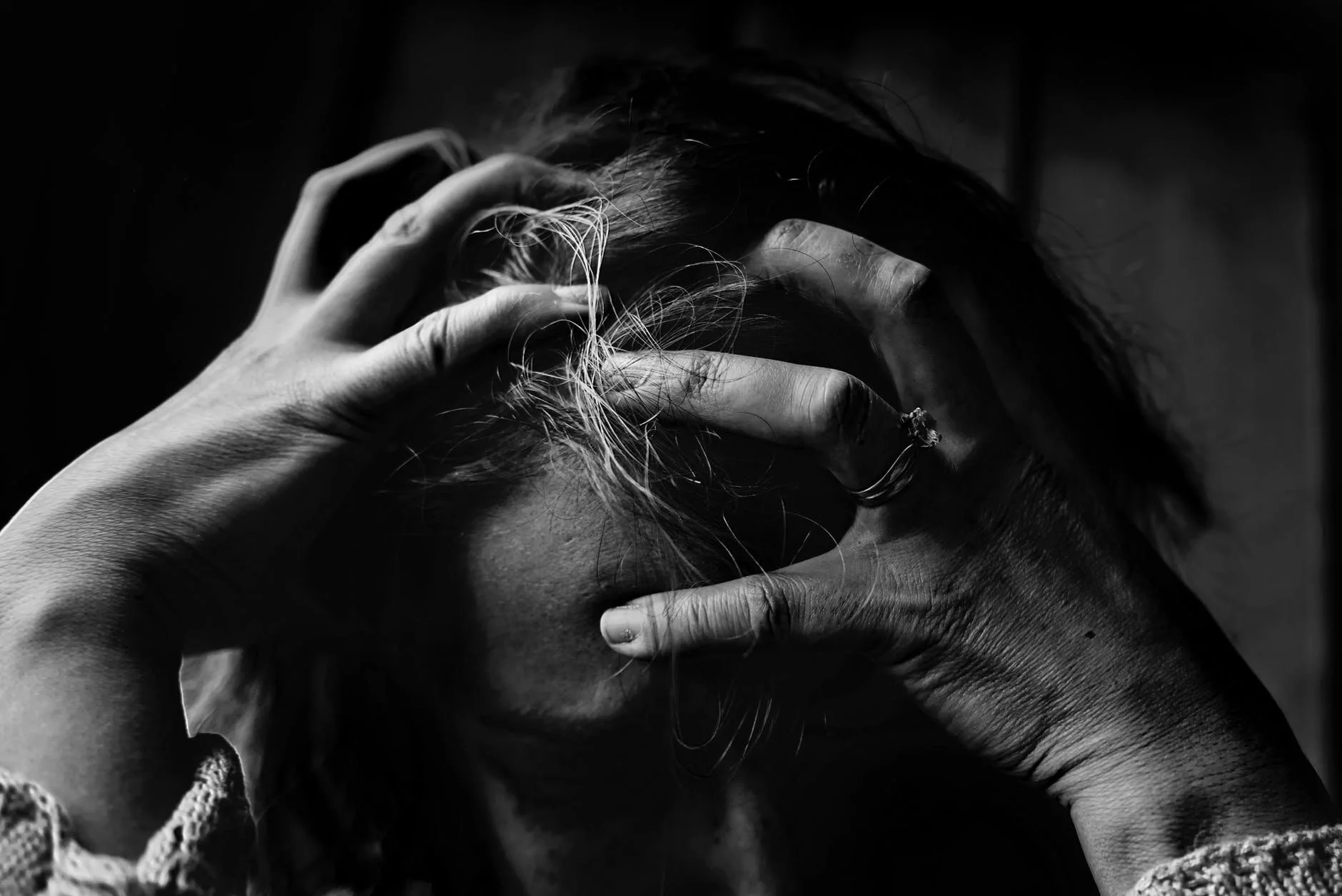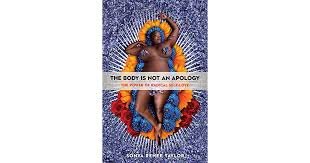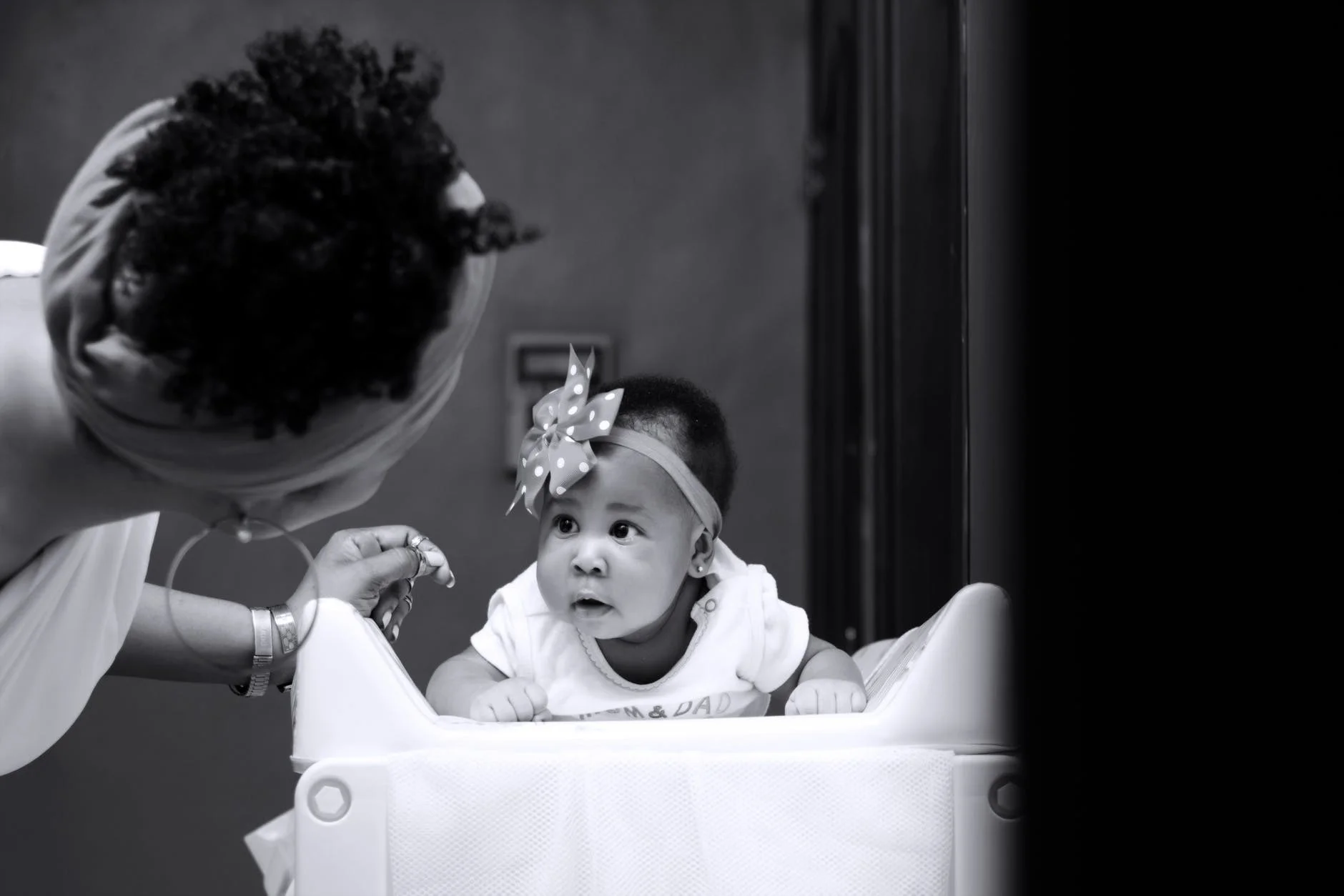Ep. 154: People Shouldn't Have to Wait for Quality Care
EQ: How can community-based healthcare initiatives effectively address the unique healthcare needs of diverse populations?
Hope is joined by a local Tacoma professional, Dr. Gena Poling co-founder of the Link Community Clinic, Her passion for education, public health, and justice drives her daily practice. In this episode, we learn more about her journey from teaching into the medical field, the origin story for the Link Community Clinic including how they weathered being a pro-vaccine institution in a pandemic.
Shout out to Space Works for all their support!
Do Your Fudging Homework:
Hope—connect with Link Community Clinic!
Gena—The Praxis Podcast; follow the podcast on Twitter
Ep. 127: On the Alito Leak and the Threat to Roe
We couldn’t resist coming together to discuss our reactions to Alito's leaked opinion. We reference a ton of articles so please check out the links below.
IWL Ep113: Tex-Yikes, Advocacy Has No Borders
Nerd Farm Episode: Black Conservatism and the Peril For the Democratic Party
Weeds Episode: “The Most Dangerous Branch Roe v Wade
Weeds Episode: What the Alito Leek Means for Roe
Race-ing Roe: Reproductive Justice, Racial Justice, and the Battle for Roe V Wade
A New Racialized Assault on Abortion Rights is Headed to the Supreme Court
DO YOUR HOMEWORK AND GO READ ABOUT THIS ISSUE!!!
Ep. 113: TexYikes--Advocacy Has No Borders
EQ: What the hell is happening in Texas and why should we care?
In today’s episode, Hope and Megan discuss the anti-abortion bill in Texas and how it is impacting not only citizens in Texas, but communities around the Country. They start the episode with a new segment “Does it Venn?” where they coin the term Preventative Outrage. This conversation moves into discussing what is happening, what does this law do, and who does it disproportionately impact. They also discuss what is now happening across the country do to the inaction by the SCOTUS on this case, and predict that we might be seeing more of these laws being passed. Hope and Megan end the episode talking about how advocacy has no borders, and despite not living in Texas, there is still an obligation to advocate. There is a list of resources linked here where you can get involved and help from a distance.
Related Resources:
Argentina Ground Break Law abortions up to 14 weeks
We annotated Texas’ near-total abortion ban. Here’s what the law says about enforcement.
Supreme Court will hear arguments in Mississippi abortion case challenging Roe v. Wade on Dec. 1
Do Your Fudging Homework:
Hope/Megan: Donate to organizations fighting for women’s reproductive health
Ep. 74: How A Pandemic & Civil Unrest Impacts Mental Health: Perspective from A Social Psychologist
Notes to listeners: This episode was recorded early June and was intended to discuss the impact of the coronavirus on our mental health and the initial responses to the protests against police brutality. There are many key issues we did not cover, but we hope you will find some solace in this episode.
EQ: What impact is the Coronavirus pandemic having on mental health and how are those impacts uniquely burdensome for female identified folx and people of color?
Guest: Michelle Ceynar
The pandemic is highlighting inequities in our society in new ways and exacerbating anxiety and depression around the world. This experience is much like adolescent ups and downs. The inability to recover from all the “fires” makes it difficult to ever fully recover. People of color are not only left out of conversations about mental health but are most impacted because of institutional racism and marginalization.
Related Links:
Related article from Inside Higher Ed
Washington Post: The Coronavirus Pandemic Is Pushing American Into a Mental Health Crisis
Psychology Today: Affective Forecasting
New Study Shows Staggering Effect of Coronavirus on America’s Mental Health
Champagne & Real Pain
🥂Legal Defense Funds
🥂Businesses coming out in support of BLM saying
🥂Conservative “middle” people who are waking up to the situation in America
🥂The Humble grocery store employee
👎🏻Murderers of George Floyd, Breonna Taylor, Ahmaud Arbery
👎🏻White people who refuse to understand George Floyd protests
👎🏻Police officers who aren’t refusing to go to work or standing up to their crew
Do Your Fudging Homework:
Annie: Michelle’s work. Our episode cast a really broad net today, so don’t forget to learn more about social psychology theory and read Michelle’s new research. Psychology Today- The Psychology of Rioting: the Language of the Unheard
Michelle: Do internal HW--start thinking about why you’re responding to “riots” the way you’re responding.
Doug: don’t post fake images—do you homework on anything you post
Follow us on Twitter @IWL_Podcast or Facebook: Interchangeable White Ladies Podcast
Lastly, don’t forget to pick up your copy of The Body is Not an Apology for the #readlessbasic book club
Ep. 56: An Interview With Leah Ford On Being a Boob Defender
Note to listeners: This was our last pre-recorded episode from the summer. We recorded this back in August during National Breastfeeding Month! Enjoy!
EQ: What is the current state of women’s health in Pierce County and why is this a social justice issue?
Guest: Leah Ford, a TESC graduate, breastfeeding peer counselor, mother of 2 and advocate for women’s health in Pierce County.
Leah defines the role of a breastfeeding peer counselor, explains why it’s so crucial for breastfeeding moms (especially of color), and why this work is not recognized on a systemic level. For example, while Pierce County needs more peer counselors it doesn’t offer benefits and supports to generate more interest. For varying reasons, our county doesn’t follow effective models like King County.
Leah elaborates on the racial and ethnic disparities in breastfeeding citing important data around why Black Women Higher Risk of Pregnancy Complications and how America Is Failing Black Moms. The conversation includes wrestling with the biggest challenges in health services in Pierce County and what we need to do to overcome these issues.
A few resources mentioned in the episode:
Champagne & Real Pain:
Champagne: for the Target in Weatherford, Texas put up signs in their store telling parents to breastfeed wherever and whenever they need to.
Real Pain: for the lifeguard at the Kokomo Beach Water Park in Kokomo, Indiana for telling a breastfeeding mom to stop even though Indiana state law allows women to breastfeed anywhere.
Do Your Fudging Homework:
Annie: normalize breastfeeding by encouraging your favorite local businesses to put up signage or create a comfortable space for breastfeeding parents (not in a bathroom stall, please).
Hope: Deal with your issues if you’re uncomfortable with breastfeeding--if you’re in the medical field, try to use privileges to complain/criticize/critique the system in order to improve it.
Leah: support moms by offering breastfeeding rooms; reconsider the time of breaks; make a policy as your office (if you don’t know what this looks like, research tool kits and adopt a reasonable policy).






